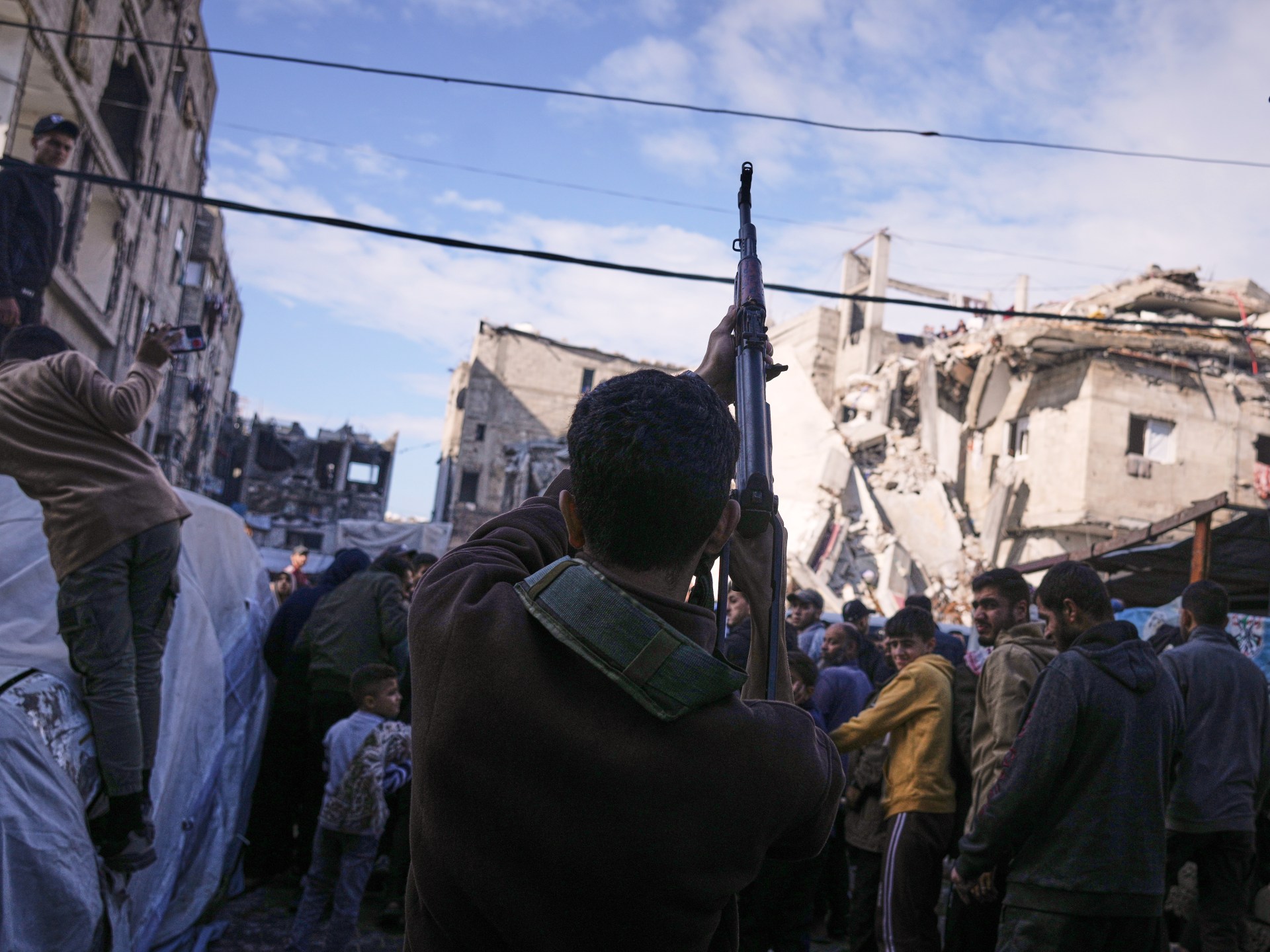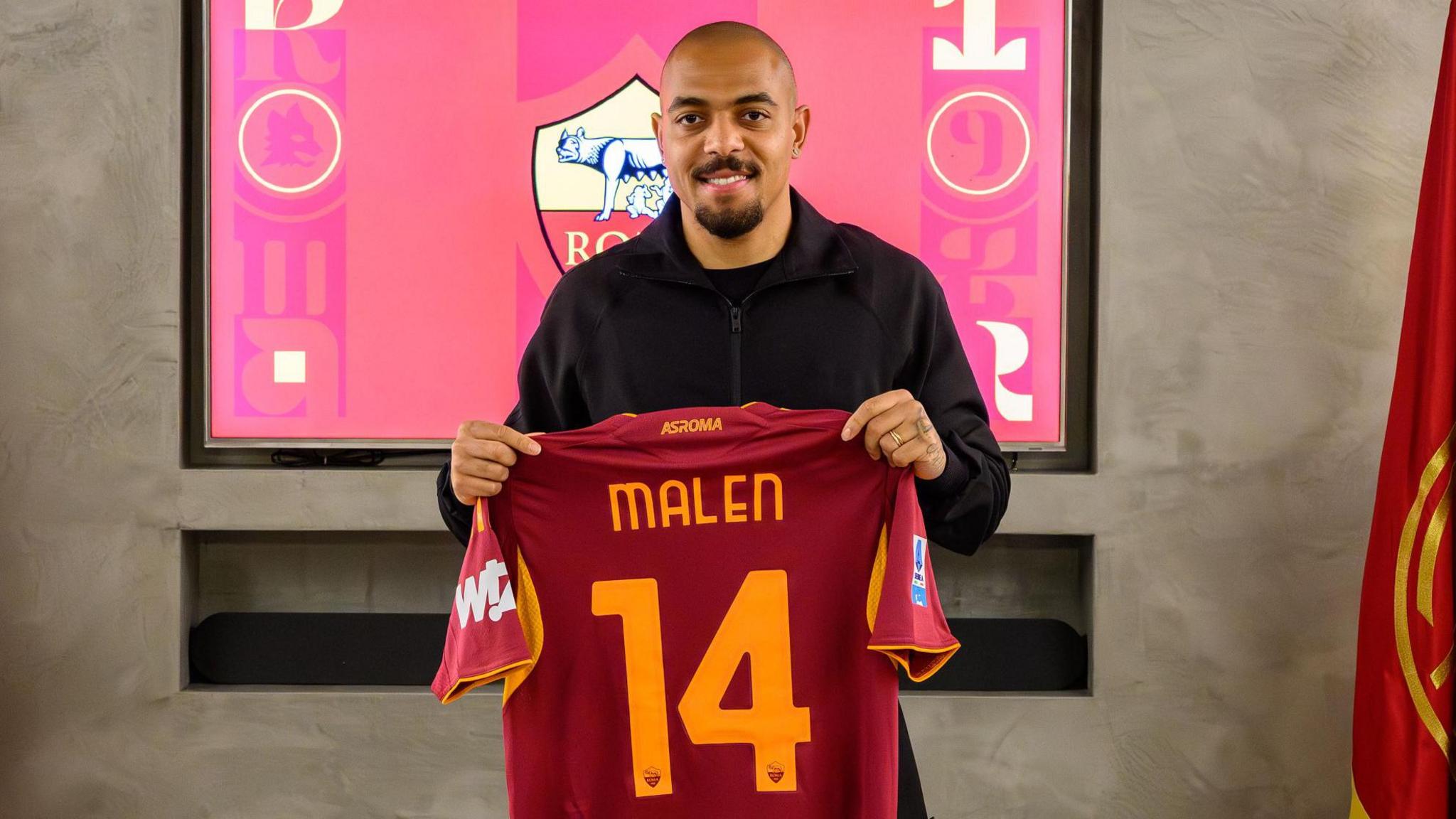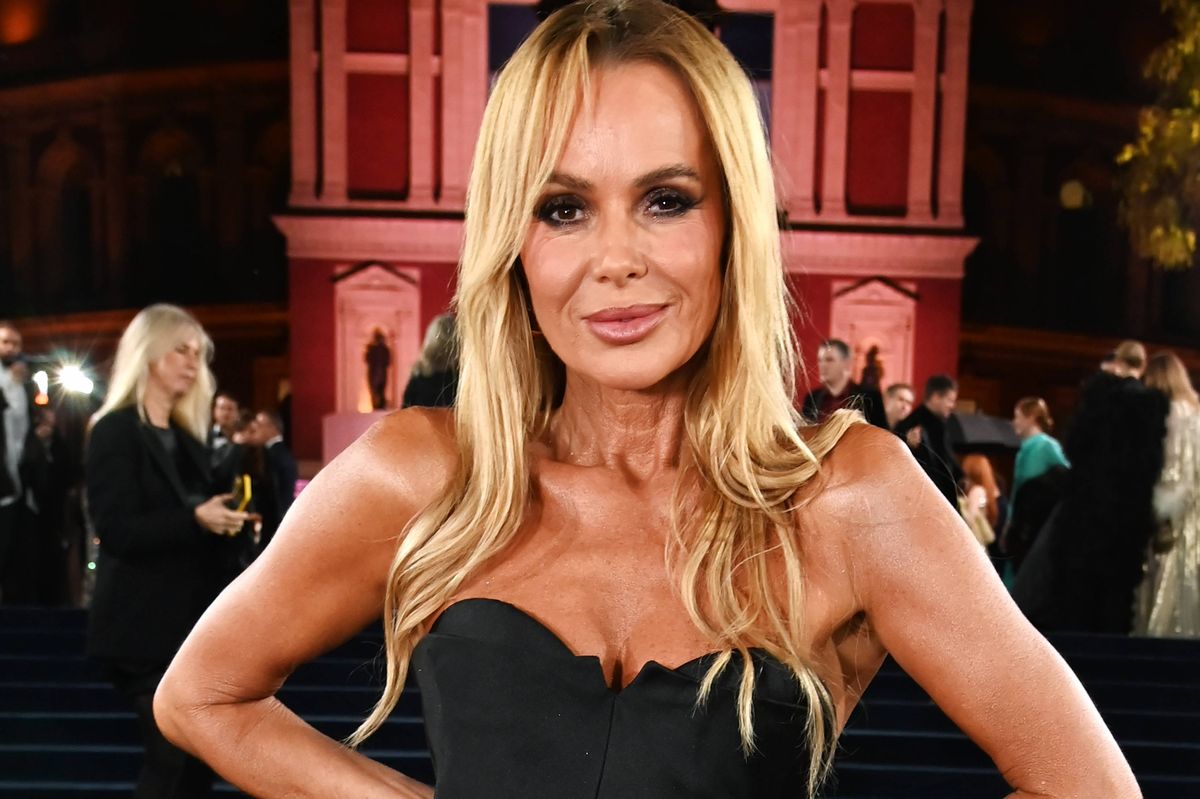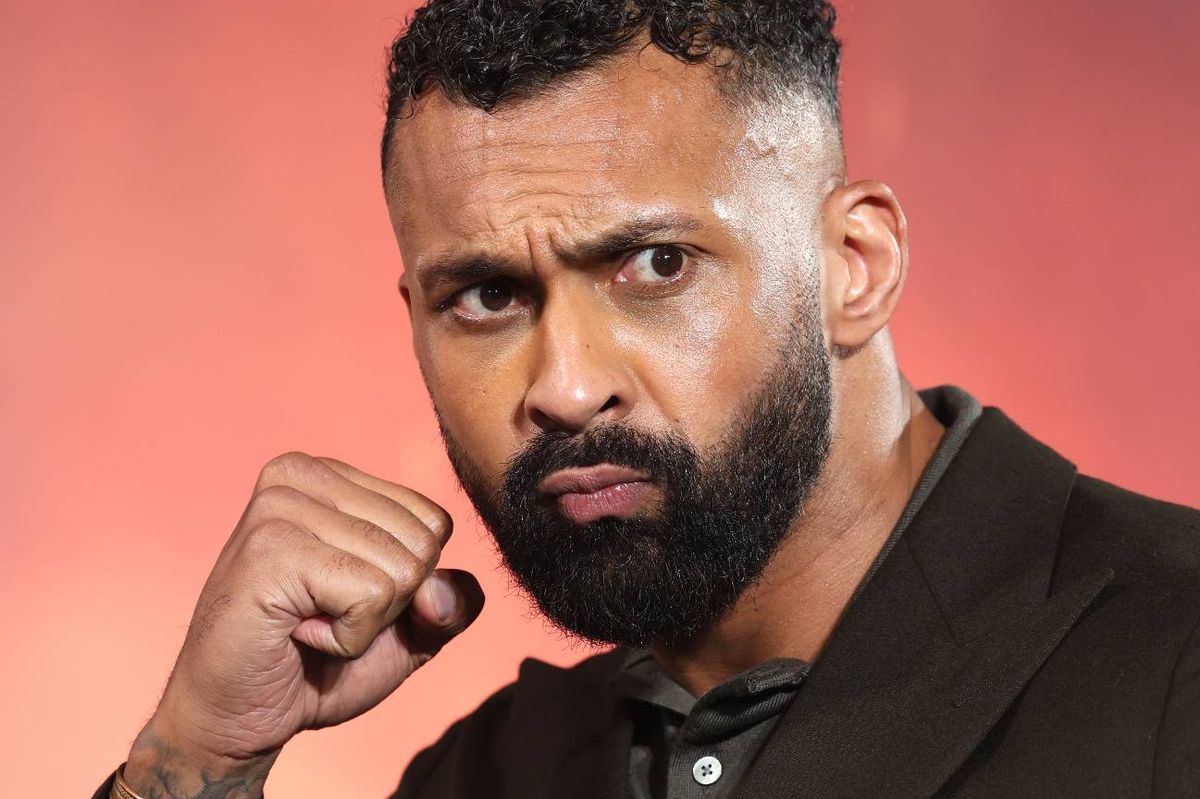President Donald Trump has issued a new demand, accompanied by threatening language, that Hamas disarm, as the second phase of the United States-brokered ceasefire deal with Israel gets underway.
Trump pledged on social media late on Thursday to achieve a “comprehensive” demilitarisation Hamas, threatening the Palestinian group if it fails to do so, and demanded the return the remains of the last Israeli captive.
Recommended Stories
list of 3 itemsend of list
Meanwhile, Isreal is yet to implement its responsibilities under the agreement to withdraw its forces and allow more aid into Gaza.
“Hamas must IMMEDIATELY honor its commitments, including the return of the final body to Israel, and proceed without delay to full Demilitarization,” Trump wrote in a Truth Social post. “As I have said before, they can do this the easy way, or the hard way.”
Washington has repeatedly said it expects Hamas to fulfil its remaining obligations under the first phase of the ceasefire deal, including the return of the body of the last deceased Israeli captive, Ran Gvili.
In phase two of the ceasefire deal, which Washington declared was underway on Wednesday, the US says it willtackle the disarmament of Hamas – which has refused to give up its arms while Israel still occupies Gaza territory – and the deployment of an international peacekeeping force.
Trump said Hamas’ weapons would be taken and the group’s network of tunnels dismantled with the support of Egypt, Turkey, and Qatar. However, it is unclear how that goal could be achieved.
For the Palestinians, the central issue remains Israel’s full military withdrawal from Gaza – a step included in the framework deal but for which no detailed timetable has been announced.
Israel has continued to carry out deadly attacks across Gaza in violation of the ceasefire and has so far refused to withdraw from the so-called “Yellow Line” in eastern Gaza, an informal boundary separating more than 50 percent of the territory that remains under Israeli military control from the rest of the Strip.
Under the second phase of the ceasefire deal, announced by special envoy Steve Witkoff, Gaza is to be administered by a 15-member Palestinian technocratic committee operating under the supervision of a so-called “Board of Peace,” to be chaired by Trump.
The US president has reaffirmed his backing of “a newly appointed Palestinian Technocratic Government” in Gaza. “These Palestinian leaders are unwaveringly committed to a PEACEFUL future!”, he wrote.
Gaza, whose borders and access points remain under Israeli control, continues to face severe shortages of food, clean water, medicine and fuel.
While Trump claimed the ceasefire, brokered last October, has allowed for “record levels” of humanitarian aid to enter Gaza, aid agencies say Israel has not allowed the volume of humanitarian assistance envisaged under phase one.
Most Palestinians in Gaza remain fully dependent on humanitarian aid. Israel has curtailed its arrival by suspending permits for more than three dozen aid organisations.
Israel has an obligation to ensure the “basic needs” of the population in Gaza are met, according to an advisory opinion by the International Court of Justice (ICJ).







